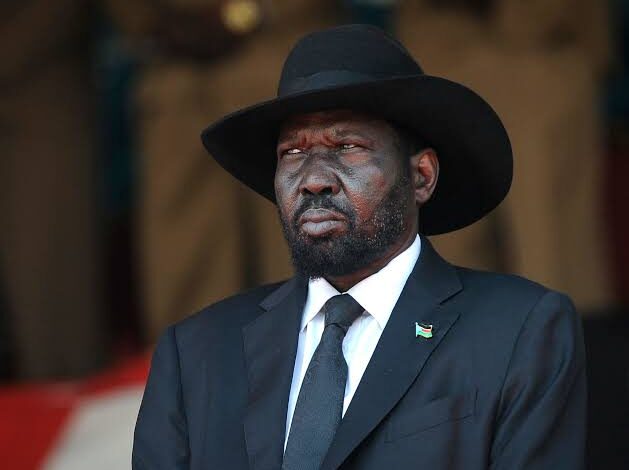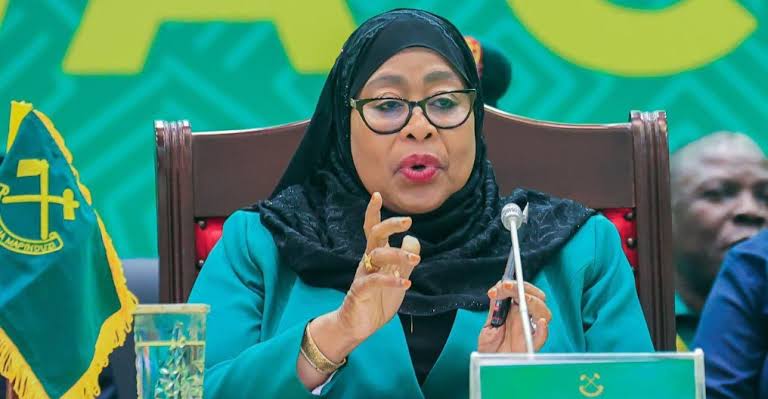
Faith Nyasuguta
South Sudan, the world’s youngest nation and one of Africa’s poorest, is now facing a staggering $1 billion legal battle in a U.S. federal court. At the heart of the dispute is a wartime loan from Qatar National Bank (QNB) that South Sudan failed to repay. What began as a $700 million financial lifeline during the country’s devastating civil war has snowballed into a full-blown legal crisis with potential global consequences.
QNB filed its petition in a court in Washington, D.C., seeking to enforce a binding arbitration award issued under the International Centre for Settlement of Investment Disputes (ICSID). The tribunal, after hearing the case in London, ruled decisively in favor of QNB in January 2024. The final ruling, delivered in May, ordered South Sudan and its central bank to pay over $1.02 billion – including principal, interest, and legal fees.
So far, South Sudan has neither paid the award nor launched an appeal. The silence has prompted QNB to escalate the matter, arguing that under both U.S. law and the ICSID Convention, the arbitration award must be enforced like a final court judgment. In court documents, QNB’s lawyers emphasized that “this Court is not permitted to re-litigate the arbitration; its role is solely to confirm the award and enforce payment.” The bank also claims that South Sudan waived its sovereign immunity when it signed the loan agreement and agreed to ICSID arbitration.

The loan dispute dates back to shortly after South Sudan’s independence in 2011. As the country struggled to build functioning institutions and manage its economy, it secured lines of credit from QNB to import essential goods such as food, medicine, and fuel. When civil war broke out in late 2013 – fuelled by a political power struggle between President Salva Kiir and former Vice President Riek Machar – the economy collapsed. Oil production, the mainstay of government revenue, plummeted. QNB responded by extending additional credit, including a $250 million top-up.
By 2015, however, South Sudan had already begun to default. After multiple renegotiations, the outstanding debts were consolidated into a single $700 million loan, with repayments scheduled to begin in 2019. But South Sudan missed the very first payment. That triggered the arbitration process that has now landed in a U.S. court.
The timing couldn’t be worse for the struggling country. According to the International Monetary Fund (IMF), South Sudan currently has the lowest GDP per capita in Africa. Years of war have decimated its infrastructure, displaced millions, and claimed over 400,000 lives. The civil war, which officially ended in 2020, caused the country to lose more than $28 billion in potential GDP between 2013 and 2018. Basic services remain in crisis, and inflation continues to batter households.
Now, the possibility of having national assets seized – or facing additional diplomatic pressure – looms large. If the U.S. court sides with QNB and confirms the arbitration award, South Sudan could be forced to pay by surrendering commercial or even sovereign assets abroad.

South Sudanese officials have publicly downplayed the matter, describing the dispute as a “misunderstanding” rather than defiance. They emphasize that talks with Qatar are ongoing and that the country’s fragile recovery must be weighed against its debt obligations. Analysts say the case brings into sharp focus the tension between sovereign survival and investor protections, especially when agreements are signed during times of war or crisis.
This lawsuit also raises wider questions about the enforcement of debt in fragile or post-conflict states. Can courts hold a nation accountable to financial terms it agreed to in the midst of economic and political collapse? And what role should powerful financial institutions play in supporting – not punishing – such states?
For South Sudan, the court’s decision will have far-reaching implications. Beyond the courtroom, the case is a test of whether global systems can balance fairness, sovereignty and accountability in dealing with emerging nations still healing from conflict.
RELATED:








